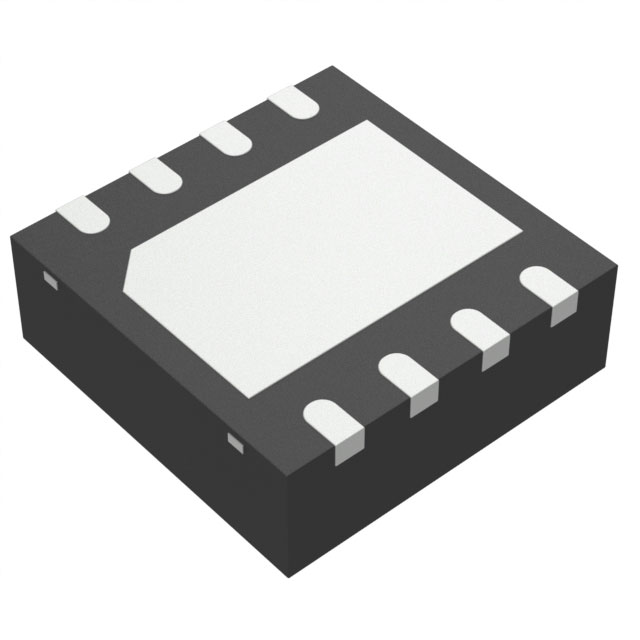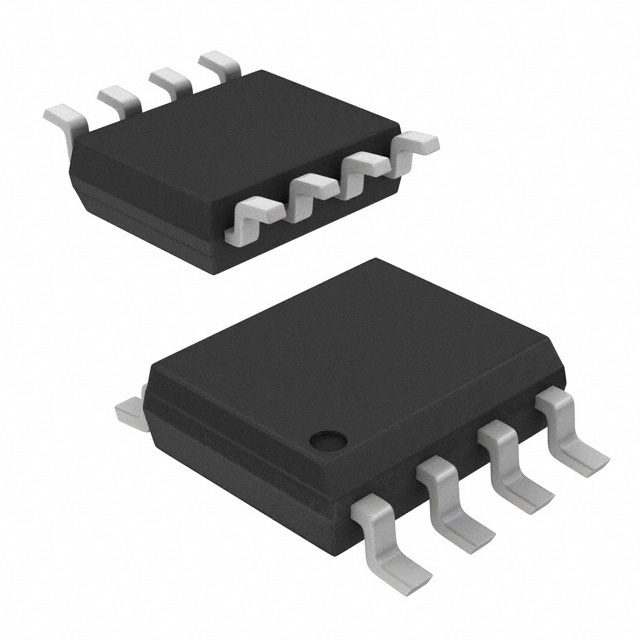In Stock : 0
Please send RFQ , we will respond immediately.









HIN241IBD Specifications
-
TypeParameter
-
Supplier Device Package-
-
Package / Case-
-
Mounting Type-
-
Operating Temperature-
-
Voltage - Supply-
-
Data Rate-
-
Duplex-
-
Number of Drivers/Receivers-
-
Protocol-
-
Type-
-
PackagingBulk
-
Product StatusActive
-
Series*
The HIN241IBD is an integrated circuit chip that belongs to the HIN24xx family of RS-232 transmitters/receivers. While I don't have specific information on the HIN241IBD chip, I can provide you with some general advantages and application scenarios of RS-232 transmitters/receivers.Advantages of RS-232 transmitters/receivers: 1. Compatibility: RS-232 is a widely used standard for serial communication, making these chips compatible with a wide range of devices and systems. 2. Robustness: RS-232 transmitters/receivers are designed to handle noise and interference, making them suitable for industrial environments. 3. Long-distance communication: RS-232 supports communication over relatively long distances, typically up to 50 feet (15 meters) without the need for additional amplification. 4. Simple implementation: RS-232 transmitters/receivers have a straightforward interface, making them relatively easy to integrate into existing systems.Application scenarios of RS-232 transmitters/receivers: 1. Industrial automation: RS-232 is commonly used in industrial automation systems to connect various devices, such as programmable logic controllers (PLCs), sensors, and human-machine interfaces (HMIs). 2. Point-of-sale (POS) systems: RS-232 can be used in cash registers, barcode scanners, and other peripherals to facilitate communication between devices. 3. Networking equipment: RS-232 transmitters/receivers can be used in networking equipment, such as routers and switches, for console port communication and configuration. 4. Medical devices: RS-232 is often employed in medical devices for data exchange between equipment, such as patient monitors, diagnostic instruments, and laboratory equipment.Remember, the specific advantages and application scenarios of the HIN241IBD chip may vary, so it's always best to refer to the manufacturer's documentation for detailed information.
HIN241IBD Relevant information



















